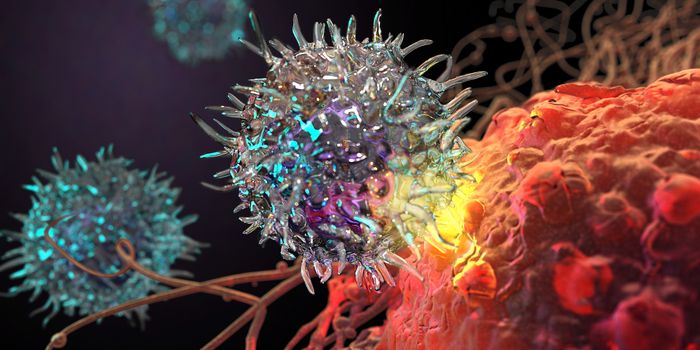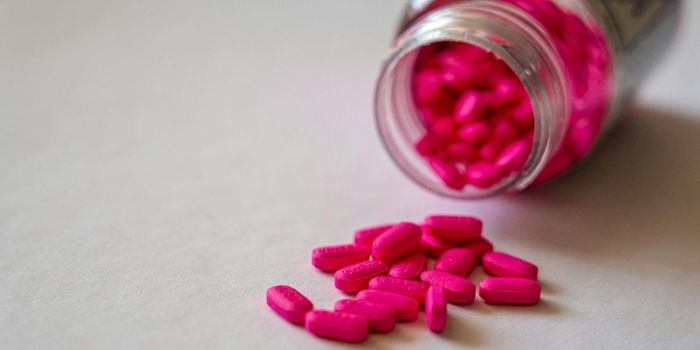Novel Drug Target for Dilating Microvessels
Medical scientists at Augusta University have discovered a natural occurring chemical that dilates blood vessels dilate as well as signaling larger blood vessels that more blood is needed. Their studies were particularly helpful in diastolic heart failure which is a characterized by the inability of the left ventricle to relax and fill blood adequately. the natural inhibitor of that chemical goes up and communication with upstream blood vessels goes down. And, when they bring the inhibitor down, it reduces the heart dysfunction, they report in the journal Circulation: Heart Failure.
Learn more on how our hearts pump blood:
"What we are talking about here even many cardiologists cannot see," says Dr. Zsolt Bagi from Augusta University’s Department of Physiology who was refereeing to the microvasculature of the heart muscle.
Although when we think of heart failure—thoughts of high cholesterol, high blood pressure, and smoking start to surface. However, heart failure can also arise from microvascular dysfunction.
In the study, published in the journal Circulation: Heart Failure, researchers found that the chemical adenosine—known to facilitate dilation—will not function effectively if levels if its inhibitory compound, adenosine kinase, are increased.
“In a healthy state, the two provide balance for each other, but adenosine levels are typically somewhat higher. If you are healthy, when a portion of your heart needs more blood and oxygen for that walk or to hike up some stairs, adenosine levels go up and adenosine kinase levels decrease, which is good,” says MD/PhD student Alec Davila.
“Now they've shown that in their animal model of disease, giving a drug that blocks adenosine kinase boosts the intrinsic adenosine production back where we need it, which is also good,” says Bagi.
Researchers have found that adding the adenosine kinase inhibitor has improved the dilation of blood vessels in both animal and human microvessels.
"The novelty here is that adenosine really amplifies the signal," says Bagi. “The adenosine kinase inhibitor they used appears to be pretty specific, and is being looked at as well for epilepsy, where levels of adenosine kinase also are high.”
Source: Science Daily









